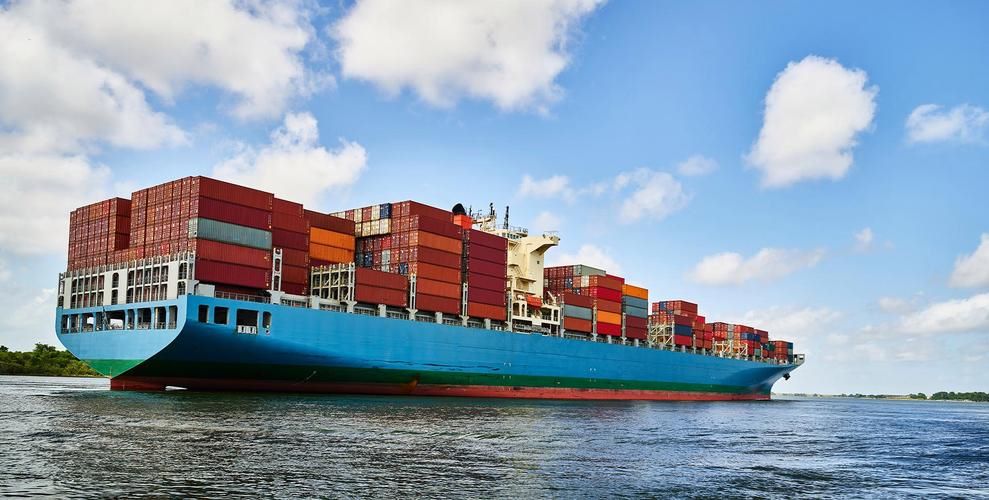Selecting the right freight forwarder for shipping goods to the USA is a crucial decision that can significantly impact your supply chain efficiency, costs, and overall customer satisfaction. A freight forwarder manages the logistics of transporting your goods from the point of origin to the destination, ensuring smooth customs clearance and timely delivery. Here are key factors to consider when choosing the best freight forwarder for your needs:

1. Experience and Expertise
Why It Matters: An experienced freight forwarder brings valuable knowledge of international shipping regulations, customs procedures, and logistics management. Their expertise can help avoid common pitfalls and ensure efficient handling of your goods.
What to Look For:
- Track Record: Check the forwarder’s history and experience in handling shipments to the USA.
- Specialization: Ensure they have experience with your specific type of cargo, whether it’s perishable goods, hazardous materials, or high-value items.
2. Network and Relationships
Why It Matters: A well-connected freight forwarder with an extensive network of carriers, agents, and customs brokers can offer better rates, faster transit times, and reliable service.
What to Look For:
- Carrier Partnerships: Evaluate their relationships with airlines, shipping lines, and trucking companies.
- Local Presence: Ensure they have a strong presence in both the origin and destination countries.
3. Services Offered
Why It Matters: Different forwarders offer varying services, such as warehousing, customs brokerage, and insurance. Choosing a forwarder with a comprehensive range of services can streamline your logistics operations.
What to Look For:
- Full-Service Options: Look for forwarders that offer end-to-end services, including pickup, transportation, and delivery.
- Additional Services: Check if they provide value-added services such as inventory management, packaging, and customs clearance.
4. Cost and Transparency
Why It Matters: Cost is a significant factor, but it should be balanced with service quality. Transparent pricing helps avoid unexpected charges and ensures you get the best value for your money.
What to Look For:
- Clear Quotations: Request detailed quotes that outline all potential charges, including handling, shipping, and customs fees.
- Cost Comparison: Compare rates with other forwarders but consider the overall service quality and not just the cheapest option.
5. Technology and Tracking Capabilities
Why It Matters: Advanced technology and tracking capabilities provide real-time visibility into your shipment’s status, improving coordination and reducing the risk of delays.
What to Look For:
- Tracking Systems: Ensure the forwarder offers real-time tracking and updates on your shipments.
- Technology Integration: Check if they have systems that integrate with your own logistics and inventory management software.
6. Customer Service and Support
Why It Matters: Reliable customer service can make a significant difference in resolving issues quickly and effectively, ensuring a smooth shipping process.
What to Look For:
- Responsiveness: Evaluate their response times and willingness to assist with inquiries or issues.
- Support Channels: Ensure they offer multiple support channels, such as phone, email, and online chat.
7. Reputation and Reviews
Why It Matters: A forwarder’s reputation can provide insight into their reliability and service quality. Positive reviews and testimonials are indicators of satisfied customers and successful operations.
What to Look For:
- Customer Feedback: Research online reviews, testimonials, and case studies to gauge their reputation.
- Industry Recognition: Look for any awards or certifications that indicate a high level of service and compliance.
8. Compliance and Insurance
Why It Matters: Compliance with regulations and adequate insurance coverage are critical for protecting your goods and ensuring legal adherence throughout the shipping process.
What to Look For:
- Regulatory Compliance: Verify that the forwarder adheres to international shipping regulations and standards.
- Insurance Coverage: Ensure they offer insurance options to cover potential losses or damages during transit.
Conclusion
Choosing the best freight forwarder for shipping to the USA involves evaluating several key factors, including experience, network, services offered, cost, technology, customer service, reputation, and compliance. By considering these factors, you can select a forwarder that meets your needs and ensures a smooth, efficient, and cost-effective shipping process. Prioritizing these elements will help you establish a reliable logistics partner and enhance the overall efficiency of your supply chain operations.


